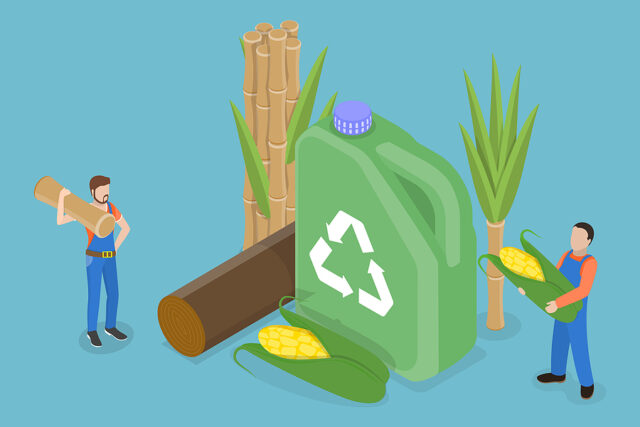Truckies won’t have to go electric and Aussies don’t have to give up their utes if more biofuels get the green light.
Renewable diesel and biofuels will have a role “for many years”, particularly in long-haul freight, Transport Minister Catherine King told an industry conference on Tuesday.
While there have been advances in electric and hydrogen technologies, she said “low-carbon liquid fuels” have the advantage that they can be used in conventional internal combustion engines, to varying degrees.
“As such they will play a key role in our clean energy future,” she said in a keynote speech at the Renewable Fuels Week event in Canberra.
ExxonMobil Australia executive director Bruce Sutherland said electric vehicles and hybrids have a role to play but other vehicles can also operate more efficiently.
“I believe it is equally important to figure out how to reduce the emissions that come from millions of cars, trucks, planes and trains that currently run on liquid fuels,” he said.
“We believe lowest cost option to reduce transportation emissions is a low-carbon fuel standard.”
Such a standard would measure the entire life-cycle of emissions from those vehicles and their energy source, regardless of whether the vehicle has a tailpipe.
BP Australia president Frederic Baudry called for “strong policy settings”, including a fuel standard and dedicated funding for some years to de-risk investment in alternative fuels.
He called for “appropriate” sustainability standards, a certification system for renewable fuels and their integration into Australia’s fuel quality and fuel reserve laws.
“We don’t need to change what and how we drive and fly – biofuels can reduce emissions in the near term,” Mr Baudry said.
He said Australian agriculture was well placed to meet the demand for feedstock, instead of shipping crops to Europe to be processed into biofuels.
Deputy US Chief of Mission Erika Olson said the solid partnership with Australia was essential for the energy transition prioritised by President Joe Biden.
“And although the US is already the largest investor in Australia’s critical minerals and clean energy sectors, we want to work even more closely with you,” she said.
“One of the ways we can make a real difference is in the increased use of sustainable aviation fuel,” she said.
The US and Australia are top emitters per capita from domestic aviation and Ms Olson said the US was “strongly committed” to producing more sustainable aviation fuel (SAF) with industry partners.
“In essence, we want to cut our emissions, cut our domestic goals and position our country as a global leader in the SAF market,” she said.
Australian Renewable Fuels Week, hosted by industry association Bioenergy Australia, is showcasing ways to reduce the carbon footprint of some of the most emissions-intensive industrial sectors, including aviation, shipping and farming.
Bioenergy Australia chief executive Shahana McKenzie said a domestic renewable fuels sector could add $110 billion to GDP by 2030, create 28,000 jobs and help many regional communities to transition.
But shipping is expected to take decades to move from heavy fuel oil to alternatives or replace combustion engines with battery systems.
Marion Rae
(Australian Associated Press)





